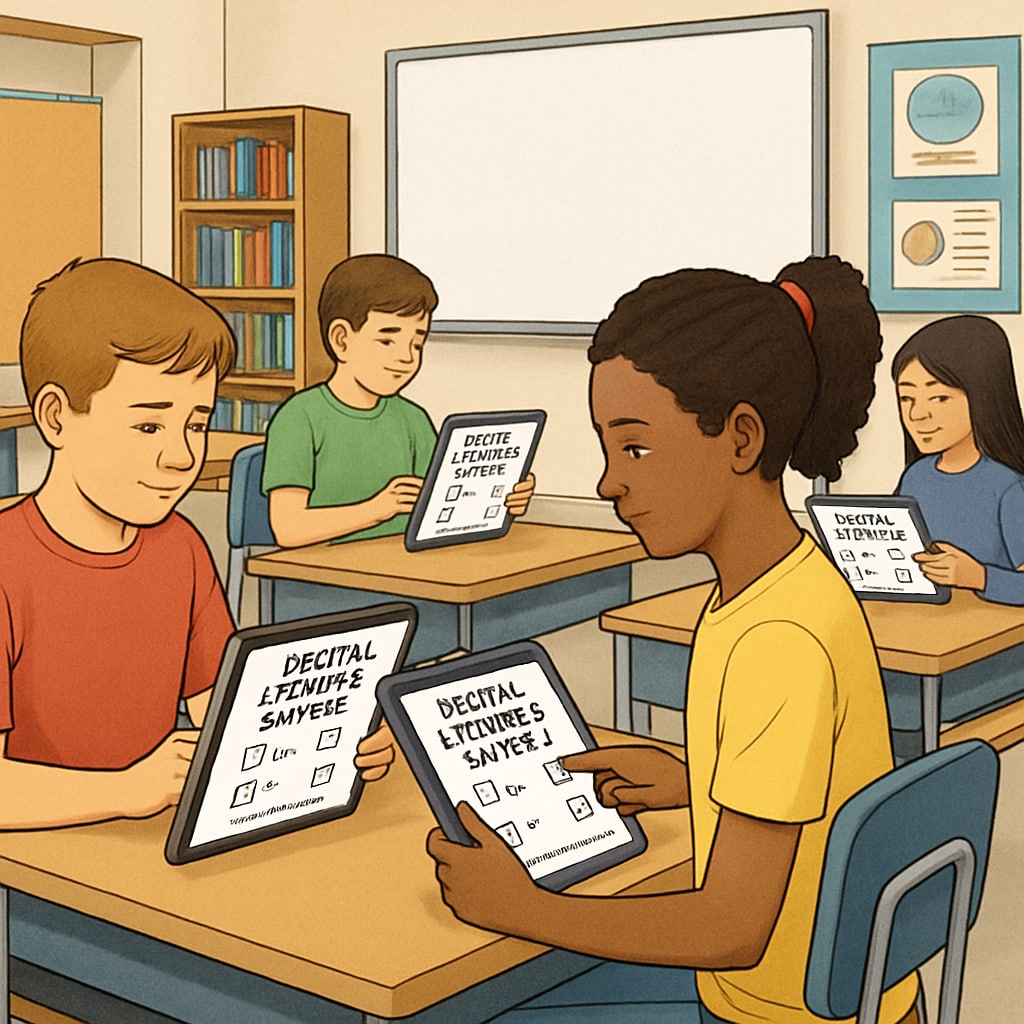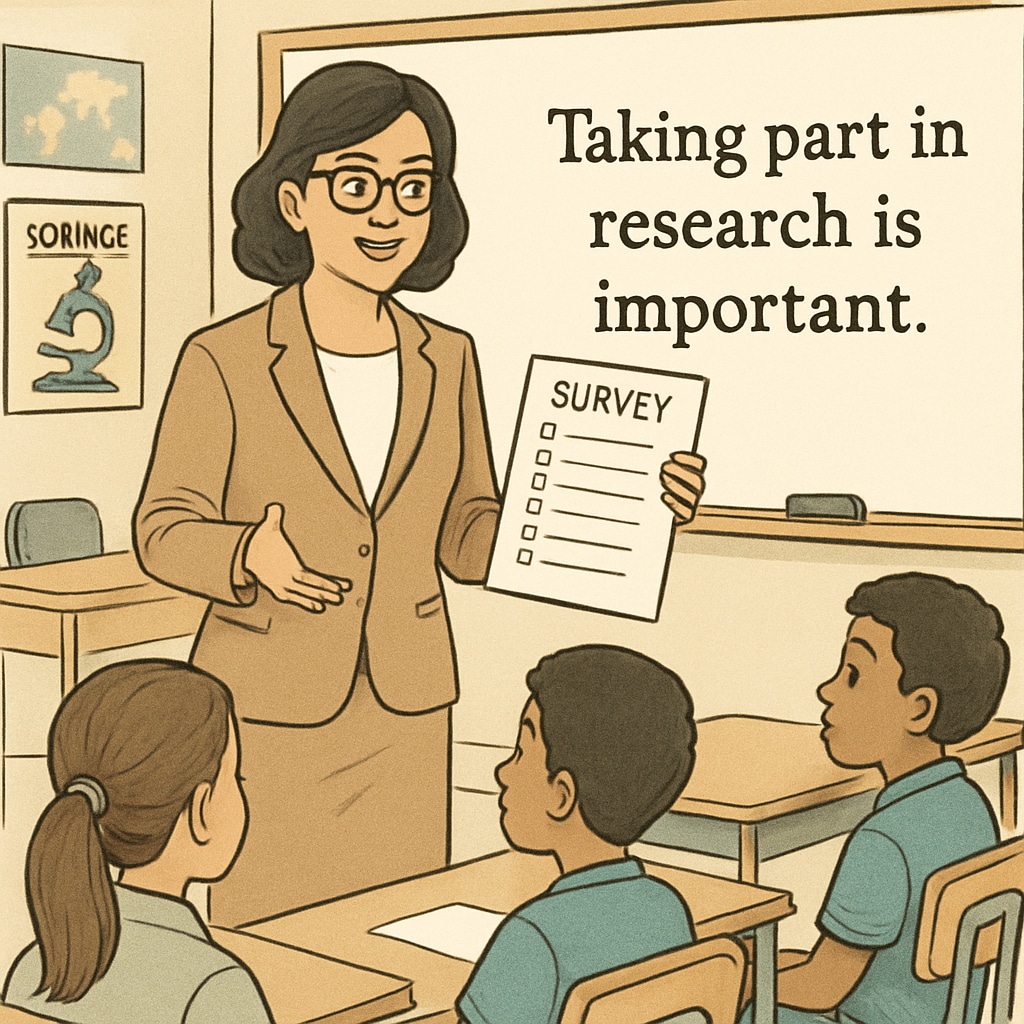In today’s digital era, the integration of media research, survey participation, and academic assistance into K12 education has become more critical than ever. These elements provide valuable insights into students’ digital literacy, enabling educators to adapt their teaching methods and curricula to better meet the needs of the next generation. By participating in media research surveys, you contribute to shaping the future of education and ensuring students develop the skills necessary to thrive in a technology-driven world.
Understanding the Role of Media Research in Education
Media research focuses on analyzing how students interact with digital content, tools, and platforms. Such studies aim to identify gaps in digital literacy, uncover effective teaching strategies, and improve educational policies. For example, a survey on K12 students’ use of social media can highlight areas where critical thinking and online safety need to be emphasized. By gathering data from these surveys, researchers can propose evidence-based solutions to enhance learning outcomes.
- It helps identify strengths and weaknesses in students’ digital literacy.
- It provides actionable insights for educators to innovate teaching methodologies.
- It informs policymakers on how to adapt national education standards to the digital age.

Why Your Participation in Surveys Matters
Participating in surveys may seem like a small contribution, but it has far-reaching implications. Every response adds to a larger pool of knowledge that researchers analyze to identify trends and gaps in digital education. For instance, your input might reveal challenges students face when navigating online information or understanding media biases, which are critical aspects of digital literacy.
Moreover, surveys are designed to reflect diverse perspectives, ensuring that the resulting recommendations benefit a wide range of students from different backgrounds. This inclusivity is vital for creating education systems that are equitable and effective. By taking a few minutes to complete a survey, you actively help shape the future of K12 education.

Looking Ahead: The Impact of Media Research on Education
The insights gained from media research have the potential to revolutionize K12 education. As schools increasingly incorporate digital tools and platforms, these studies provide the foundation for creating robust digital literacy programs. For example, findings from recent surveys have led to the development of workshops on media bias detection, online security, and the ethical use of technology.
In addition, media research helps prepare students for real-world challenges. Digital literacy is not just a classroom skill—it’s a lifelong competency that empowers individuals to make informed decisions in their personal and professional lives. By participating in surveys today, you are contributing to the creation of curricula that will prepare students for tomorrow.
Conclusion: Media research surveys are an indispensable tool for improving K12 education and fostering digital literacy. Every response matters, as it contributes to a better understanding of how students interact with media and technology. Whether you’re a student, parent, or educator, your participation is a step toward creating a more innovative and inclusive education system. Take the time to engage in these surveys, and make a lasting impact on the future of learning.


